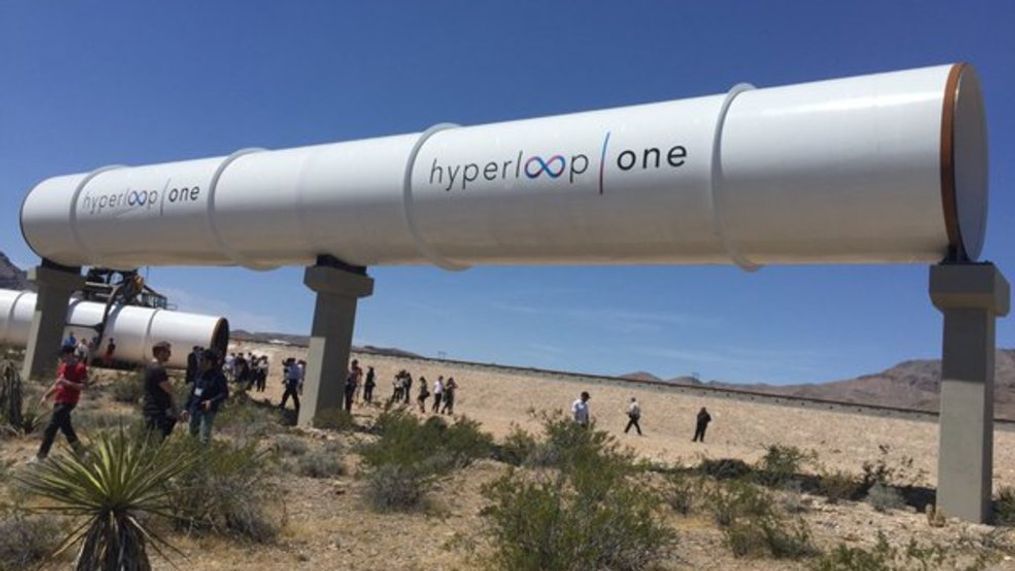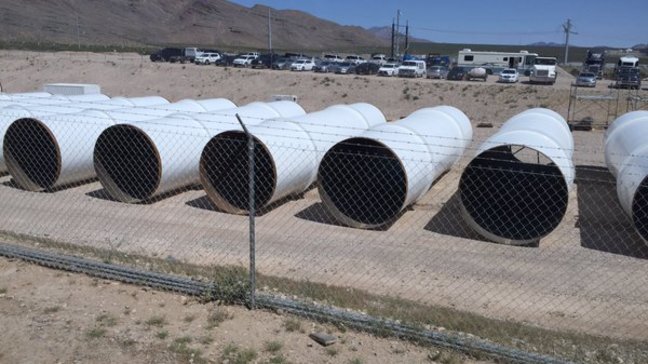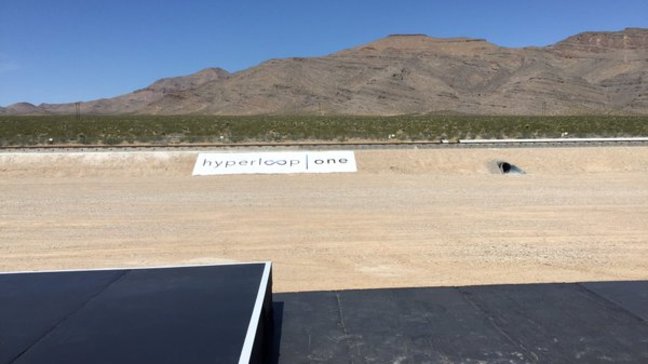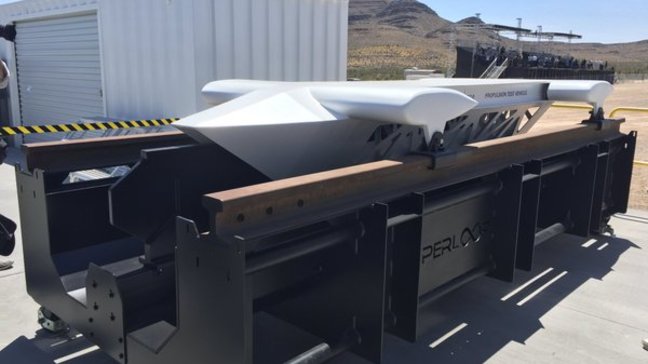Race for Hyperloop: Travel from Las Vegas to Los Angeles in 30 minutes
LAS VEGAS (KSNV) — Imagine speeding through a tube at 700 miles per hour.
Take a high-speed trip from Las Vegas to Los Angeles in just 30 minutes. That’s the kind of travel hyperloop technology is racing toward.
Engineers call it revolutionary in the way we think about transportation. The world’s greatest minds from billionaires to college students are racing to commercialize hyperloop technology.
Just outside of Phoenix, Arizona, a young team of engineers live, breathe and imagine a commute powered by hyperloop technology. The team works diligently in a warehouse tucked away on the Arizona State University campus.
Ernest Poteat is the Vice President of AZ Loop one of two dozen engineering teams from around the world prepping for a competition sponsored by billionaire and technology mogul Elon Musk, who is the founder of SpaceX and Tesla.
“Once I saw what these students were doing and what this group of people was doing, I had to be a part of it,” said Poteat. “This is the beginning of something that’s going to change the world.”
Student teams create prototypes of pods designed to carry people or cargo and shoot them up to 700 mph through a mile-long tube.
“I think what this is really all about is advancing the state of transportation, get them to where they're going fast, safely, lower costs, and really opening up the world,” said Musk at the most recent competition held at the SpaceX headquarters in Southern California.
RELATED | Hyperloop One system reaches 192 mph during historic test in North Las Vegas
RELATED | First look inside the Hyperloop
Musk’s vision to build a hyperloop has gained speed in recent months.
Maryland Governor Larry Hogan approved the company’s plan to dig a 10-mile long underground tunnel beneath one of the state’s busiest highways.
“It's going to go from Baltimore to Washington, so get ready,” said Hogan.
However, the biggest challenges to date for the technology include making hyperloop both affordable and safe.
“They’ve got the science part nailed down and now it’s about scaling up and building a viable transportation,” said Terrence O’Brien, Managing Editor of Online Tech News Site Engadget. “I wouldn’t be surprised if we saw a hyperloop in Europe probably within the next 20 to 30 years.”
Perhaps the team closest to commercializing the technology is Hyperloop One. The California-based company is moving forward with its full-scale test track north of Las Vegas.
“It’s going to basically change the way we live, where we work,” said Shervin Pishevar, the co-founder of Hyperloop One.
In Southern Nevada, the test track uses powerful magnets to levitate and propel a pod through a vacuum-sealed tube. Since there’s virtually no air resistance, record speeds are possible which Pishevar said makes it “faster than any high-speed rail in the world.”
Billionaire Richard Branson is also getting into the race for Hyperloop, recently throwing both his Virgin brand and money behind Hyperloop One.
Transportation experts say a full-fledged Hyperloop system is still years away. Any viable Hyperloop transportation system would still have to overcome both an abundance of government red tape and navigate existing infrastructure.




